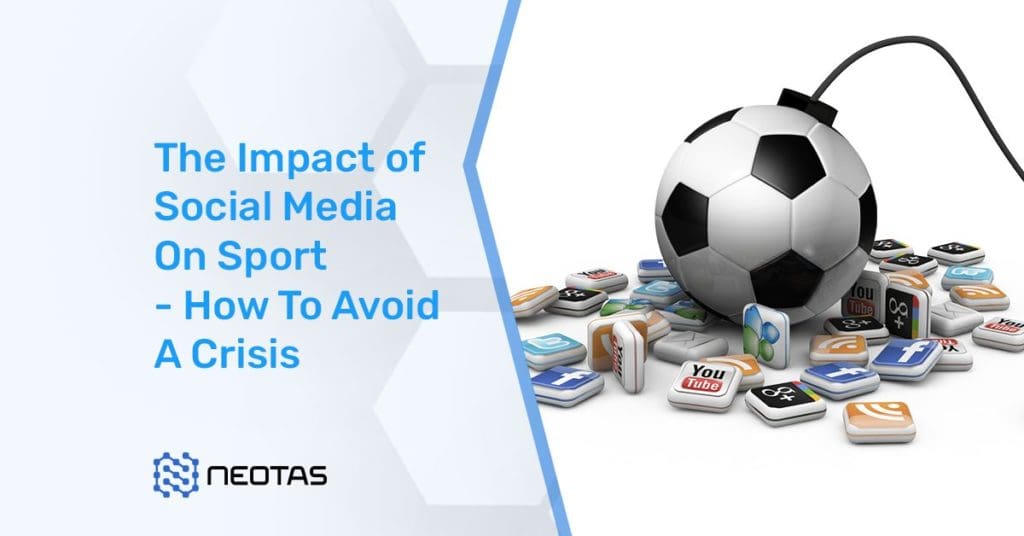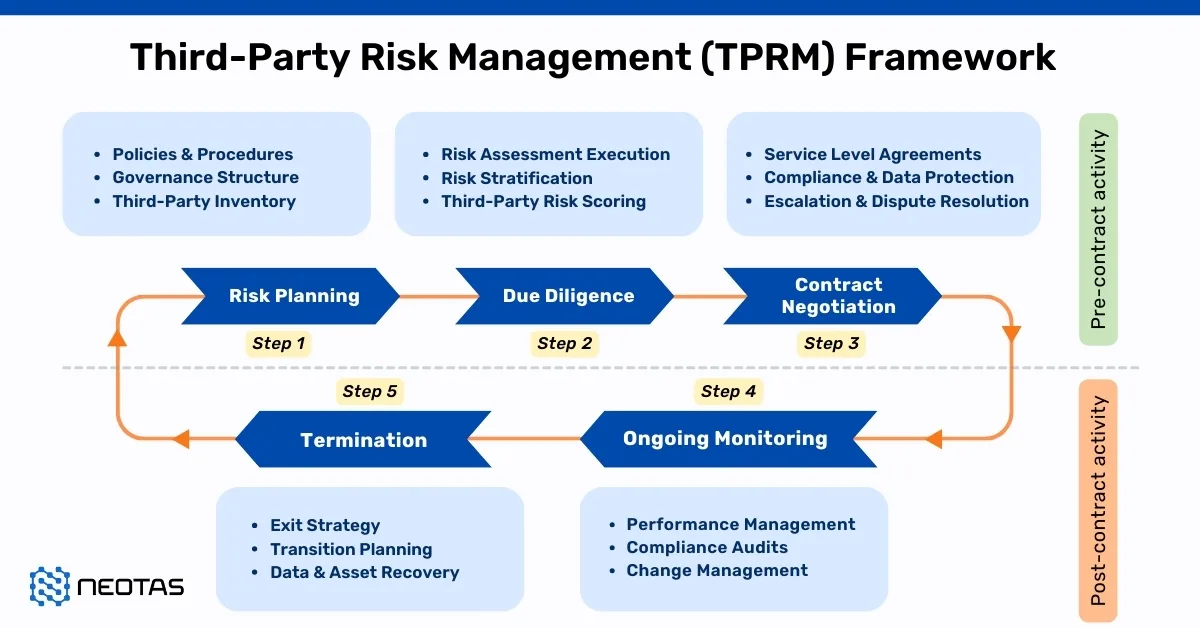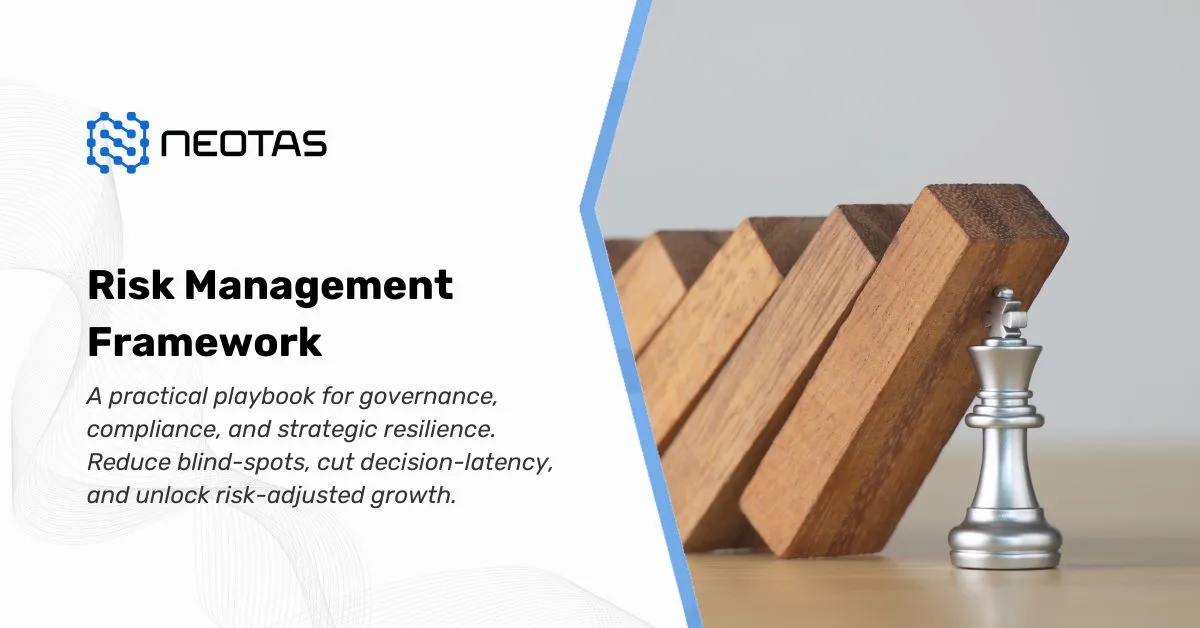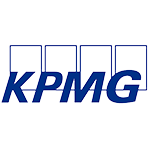The Impact Of Social Media On Sport – How To Avoid A Crisis :
Social media and sport are inextricably linked. The globalised, commercial nature of professional sport means it now relies on social media to bring its products to new audiences and to communicate sponsored messages to fans. The relationship between the two is not always without disruption though.
While online platforms have grown rapidly over the last 10-15 years, the impact of social media on sport has opened up possibilities for both opportunity and risk.
On one side of the sometimes-troubled relationship, there are the negative effects of social media on sports. In particular, the endemic issue of fan abuse towards professional athletes. Our Director Ian Howard wrote previously of the growing problem – arguing for the use of open source intelligence (OSINT) to help detect, verify and punish those caught being abusive on the platforms.
On another side are more positive effects of social media on sport – such as commercial opportunity. Social media and digital presence play an increasingly significant role in determining player, or even organisational value. More than ever, that value is determined by both sporting ability and global marketability. So what happens to that value when said player, athlete or club is embroiled in a damaging social media scandal?
History Repeating Itself
Scandals, or reputational crises, as a result of social media have become relatively commonplace in sport.
Premier League strikers Andre Gray and Jarrod Bowen are among two recent cases. Both players apologised for their actions and while their respective clubs condemned the behaviour – they are often rendered guilty by association. As these types of incidents have no clear end-point, they are often prolonged and the guilty parties can be forced to carry it with them for years – as has Gray.
Despite the regular occurrence of these incidents, sport continues to fall victim to social media fuelled crises.
Before May 2021, many who recognised Ollie Robinson’s name knew him simply as a talented cricketer. Now, Robinson is embroiled in a reputation scandal. A selection of abusive tweets made nearly a decade ago surfaced shortly before Robinson was due to make his England debut.
Now both Ollie Robinson and the England and Wales Cricket Board find themselves fighting a crisis management fire, a crisis that could so easily have been avoided.
Social Media – Weaponised Threat
One potentially alarming idea now is the prospect of a weaponised attack using historic social media posts, such as Ollie Robinson’s, to derail a sports team. While it may be hard to quantify the impact the scandal had on the England cricket team, when it unfolded, little public conversation was focused on the actual cricket being played.
Shortly after the Robinson story reached its peak in terms of news coverage, another emerged of an as yet un-named player sharing damaging social media posts in their past. Although the reason for the timing of the leaks is unknown, it’s difficult to not establish a link between the two.
While many in sport have a win-at-all-costs attitude, the idea of weaponising these crises is a distressing one. When the stakes are as high as they are in professional sport, not properly addressing all of the risks in front of you can have a seriously damaging impact on staff wellbeing, financial performance and public reputations.
How To Mitigate Risks – Use The Right Tools
Effective employee screening, using social media background checks, would have helped mitigate the risks of social media in all of the cases mentioned above.
Social media screening uses open source intelligence to assess a person’s digital footprint against employment related risks only. It can be used to screen potential and existing employees, helping avoid damaging hiring decisions or future reputational damage.
In the case of Ollie Robinson, the checks would have identified the tweets in question, as well as any other high-risk behaviours, using our natural language processing. Those insights would have been handed over to the ECB, who could then make an informed decision for how to move forward. In this scenario, the ECB would also have been prepared to deal with any future events based on the incident. This is proactive crisis management.
These tools are used consistently in corporate recruitment to help employers, recruitment teams and HR personnel understand the risks more fully before making hiring decisions. They can also be used to help monitor and maintain culture within teams, identifying potentially dangerous behaviours within an organisation or team.
For sports teams, whose position is so public-facing, regular screening of employee (including players) social media profiles can help minimise risks.
Proactive Protection Against Threats
When it’s so easy to prevent this kind of crisis, it’s hard to see why organisations wouldn’t learn from the mistakes of the past. Governing bodies, sporting clubs or any organisation with outward facing, high profile representatives should be embracing this technology and using it to proactively to protect their reputations from future risks.
Due to their public persona, athletes are not always considered as regular employees but in this case they should be treated as such. Players and individuals may be the biggest assets for any team but they could also be the biggest weakness.
Social media screening from Neotas is the perfect solution to this issue. It has a rapid turnaround time and is cost effective, especially when weighed against the damaging implications of an ongoing reputational scandal.
The checks are GDPR compliant, use only public data and are regulated by third party associations like AFODD. Our technology processes data in over 200 languages so is perfectly placed to screen international employees like players, managers or staff.
While the use of social media screening grows in corporate recruitment, sport, for now, is lagging behind in not vetting their employees as fully as they could. Such is the impact of social media on sport that reputations and financial value continue to be damaged in crises that could have been sidestepped.
Whether competing for the World Cup, The Ashes or the Champion’s League, social media screening checks should be one of the first, most powerful tools in your risk management armoury.
If you want to discuss social media screening or risk management, our team are here to help. Feel free to get in touch or schedule a call here.
Download Our Recent Case Study – Adverse Media Uncovered On High Profile Sports Executive




























